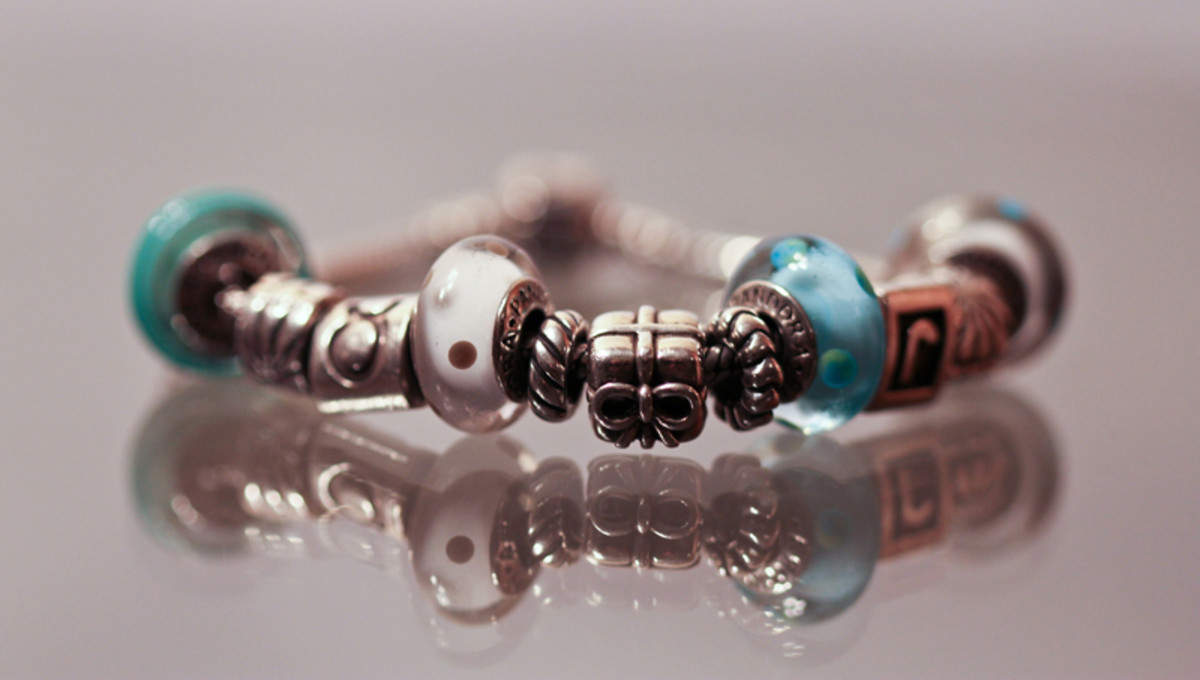Myths and Legends of Pearls
The lustrous beauty of pearls is not something that we only enjoy now. Its beauty has been admired for centuries in every imaginable place far and wide. In fact, it is called as “Queen of Gems” because of the unblemished perfection and purity that it displays and symbolizes. In fact, there was a time when wearing pearls was a privilege taken only by the most powerful members of the society, something that, thankfully, is not a norm anymore.
Different stories surround pearls and where they came from. Different cultures have their own version, showing that pearls really played a powerful part of every society’s lifestyle in the ancient times.
Pearls According to the Hindus
Among the oldest of the different legends of pearls come from the Hindus. According to them, it was actually Krishna who was responsible for the discovery of pearls. In their culture, Krishna is considered as the greatest of the great, the Supreme Personality of Godhead. He is considered as all attractive, which means that he has the looks, the riches, and the knowledge that surpasses everyone else’s.
Krishna descended into the ocean one day and discovered a pearl (which Hindus believe to be the first ever discovered) and was amazed by its pure and raw beauty. Because of this, he presented it to his daughter as a gift on her wedding day. Since then, the pearl has become a symbol of purity and love for the Hindus, and is a gem associated with the moon.
Pearls According to the Greeks
The story of pearls in mythology extends to the Greek culture as well. According to the Greeks, each pearl was actually a teardrop shed by the eyes of the goddess Aphrodite. These are not tears of sorrow of course, but are actually tears of joy. As a lot of people know, Aphrodite is known as the goddess of beauty and love. This is probably why the Greeks also believe that wearing pearls could prevent married women from crying and promote marital bliss.
Pearls According to the Romans
During the Roman times, the value of pearls was at an all-time high, considering that it was considered as the biggest symbol of status among the Roman people. In fact, statues of their goddesses would always be adorned with the most beautiful pearls ever seen. Especially for the goddess Venus, the goddess of love, beauty, and fertility, the biggest and most perfectly matched pearls would always be used to adorn her marble ears. Once the best are picked out for the goddesses, it is only then that the rest of the pearls are given to the mortals.
Pearls According to the Egyptians
In ancient Egypt, the high value of the pearl was not as emphasized as the stories of pearls in mythology as in other ancient civilizations. Although it is true that a lot of Egyptian leaders were buried along with their pearls, this is believed to be mostly because of the influence of the Romans.
Of course, the pearl was still a precious gem, which means that it was also used to beautify, although in a slightly different way. The shell of the mother of pearl was also used not as a jewelry, but mostly as an ornament in the 6th dynasty, which is around 3200BC. This was the period of the Tanis Sphinx, a well-regarded piece, as Tanis was considered as the capital of Egypt during those times.
These pearl shells were also seen in graves from the 12th dynasty combined with other precious pieces of pottery and ornaments. There are also times that the pearl is associated with the goddess Isis, who represented healing and life.
Pearls According to the Chinese
Possibly one of the most interesting stories among the different legends of pearls would be the role that it plays in Chinese mythology. The pearl is seen as a symbol of good luck, wealth, and prosperity, and it is very noticeable how a lot of pictures and statues of Chinese dragons show a flaming pearl under its chin.
One particularly interesting story is an ancient Chinese legend that tells the tale of a boy who worked hard to keep his sick mother well-fed. The boy usually cuts grass and sells this to the townspeople. When a huge drought came, it made it almost impossible for them to survive.
One day, the boy stumbled upon a lush patch of grass by the stream. He cut this and sold this in town, earning more than he ever did in his life. He found that the patch had regrown the next day, and so he kept coming back to get more grass from then on. He was hit by laziness one day however, and decided to dig up the grass until its roots and plant it beside their house. In the process of digging, he found a beautiful gem, a pearl. He showed it to his mother and they decided to keep it in their rice jar.
The next day, he was filled with regret as he saw that the grass he planted had wilted. However, upon checking the rice jar, he found that it was suddenly filled to the brim. When they discovered its magical powers, they placed it in their money box, their oil jar, and other places around the house. It did not fail to perform the magic that it has always done, making them richer than they have ever dream of. They spent their riches wisely, sharing with their less-fortunate neighbors.
One day, two greedy men became suspicious. They tried to steal the pearl, but the boy swallowed it in an effort to keep it. The boy suddenly felt very dry and had to run to the riverbed to get more water to drink. It was here that lightning struck and turned the boy into a dragon. The rain then came, ending the drought that made so many people suffer, and the dragon became the protector of their river. This is one of the greatest legends of pearls ever told.
Seeing how huge of an influence that pearls in mythology have, it comes as no surprise why its value remains high to this day. These legends of pearls remind us how truly precious these gems are.








